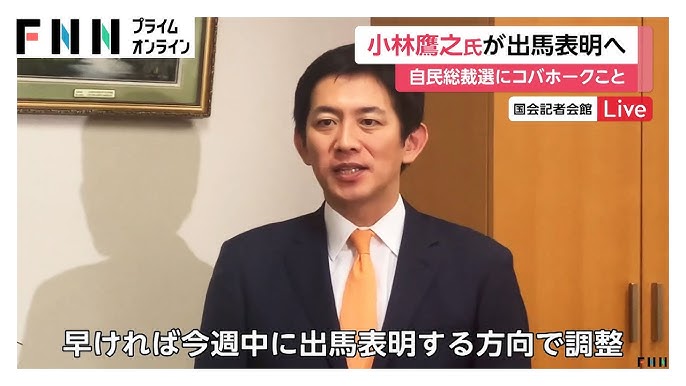Mr. Kobayashi Takayuki has officially entered the race for the presidency, as announced in a recent press conference covered by most major Japanese media outlets. An established figure in the political arena, his entry has stirred up discussions surrounding policy and future leadership. However, it is yet to be seen how this will affect the odds, and whether his policies will align with Japan’s current socio-economic climate.
Political transition in Japan is typically a hot-button topic, and Mr. Kobayashi's announcement is no exception. The public pays great attention to prospective leaders' visions for the economy, international relations, and societal issues. As a culturally homogenous country with a robust legal system, the Japanese public expects their president to uphold Japan's values while navigating complex political landscapes both domestically and internationally.
Comparable to U.S. or E.U. elections, Japan's electoral race is a battle of visions and policy proposals. However, distinct from Western politics, the Japanese value continuity of party policy and appreciate less polarized rhetoric. They often favor leaders who strike a balance between change and tradition, and between national priorities and international cooperation.

